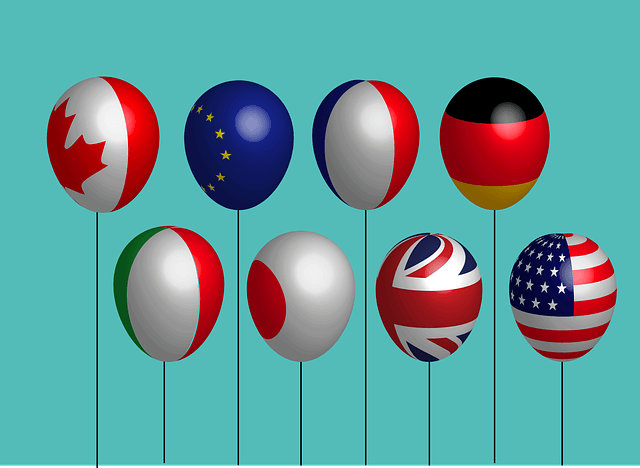
The Importance of International Diplomacy
Muncie, Indiana BLOG – Good communication and emotional intelligence are crucial to strong diplomatic relations between countries — especially regarding the United States government and its relation to the rest of the world. More than ever, we need future diplomats and young people well versed in cultural and geopolitical issues.
Trump and his embattled approach to diplomacy (which, if it were actually isolationist, would cease aggressive communication with North Korea and Russia) claim to focus more intently on domestic infrastructure and job creation. In reality, he seems borderline obsessed with trying to provoke North Korea, the EU — even Iran and African countries like Niger and Somalia. As it stands, according to American Progress, “America is more isolated, less respected, weaker at home, and ultimately less safe under President Trump’s leadership.”
Meanwhile, the U.S. Foreign Affairs Committee seems much more prepared to take on cybersecurity threats after their recent creation of the Bureau for Cyberspace and the Digital Economy. The recently created bureau will work in conjunction with the recently authored Cyber Diplomacy Act to strengthen our ability to safeguard our private and federal internet borders from foreign agents attempting to gain access for nefarious purposes.
The Case of North Korea
The current U.S. relationship with North Korea could be described as tenuous, at best. From the current threats of cyber warfare, which they’ve attempted with both South Korea and the U.S., to their goals of invading South Korea and testing ballistic missiles, North Korea is seemingly trying to disturb the peace.
Although their January 2016 nuclear weapons test was a clear violation of international law, the U.S. would be well advised to tread cautiously to avoid aggravating an already tense situation. Vice President Mike Pence recently called for tougher economic sanctions for North Korea on the eve of the 2018 Winter Olympics.
The United States initially began its relationship with Korea in the 1950s via American missionaries — who apparently were more interested in trading goods with native Koreans than living in the same towns as them. As The Atlantic’s Larry Diamond argues, we need to provide foreign trade and investment incentives, along with negotiating a peace treaty, in order to make progress toward a more stable relationship with North Korea.
Let’s hope that China or some of the other players in this global discussion are willing to offer more enticing economic incentives to North Korea as part of diplomatic negotiations — providing, of course, that North Korea refrains from unsanctioned nuclear testing. Regardless, the last thing we need is more Twitter threats: a poor substitute for proper international diplomacy.
A more effective approach to diplomatic communication with North Korea would ideally include greater cultural awareness of North Korea, identifying the obstacles between our countries and taking time to understand what the opposing party wants out of our international relations.
One possible interim solution may lie in a nuclear testing freeze that could help to calm tensions between involved parties. Either way, it’s crucial that the U.S. proceeds with politeness, tact, and clarity in order to avoid unnecessary tension or stand-offs. There’s always the possibility of misunderstanding — especially between two parties that speak different languages and come from different cultures — so it’s important to strive toward mutual understanding and respect above all else. However, cultural and language differences, combined with mixed messages, maybe making Kim Jong-un feel nuclear arms are necessary to diplomatic relations with the U.S.
Ideally, the Winter Olympics will provide a forum for cross-cultural appreciation and understanding that isn’t ordinarily available. We need the kind of honest sportsmanship that the Olympic Games have always presented —at least in theory. Let’s hope our international diplomatic relations can take a cue from the athletes and put forth an earnest effort to cross the finish line with a better understanding of the value of peacekeeping and working together.
* * *
What do you think of the current international diplomacy situation between the U.S. and other countries like North Korea? Share your feedback in the comments section below.




